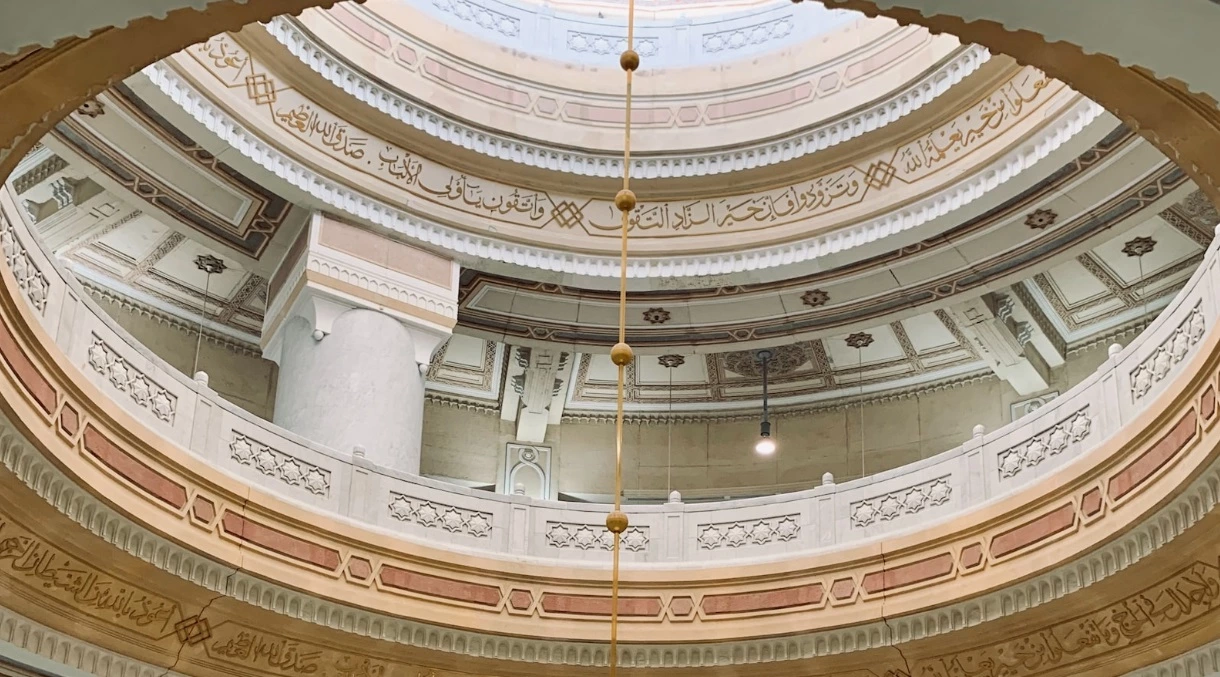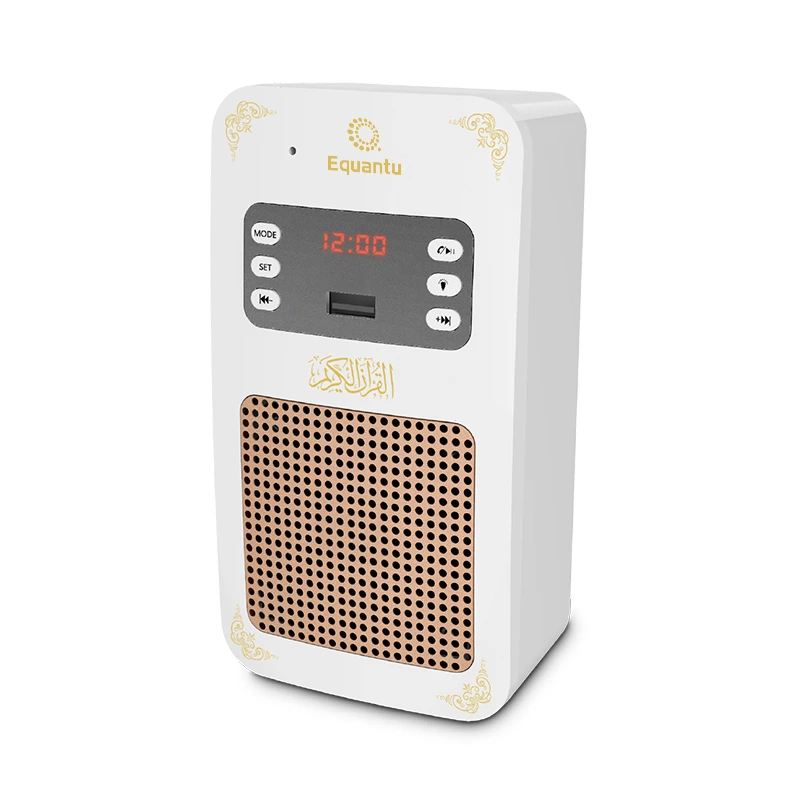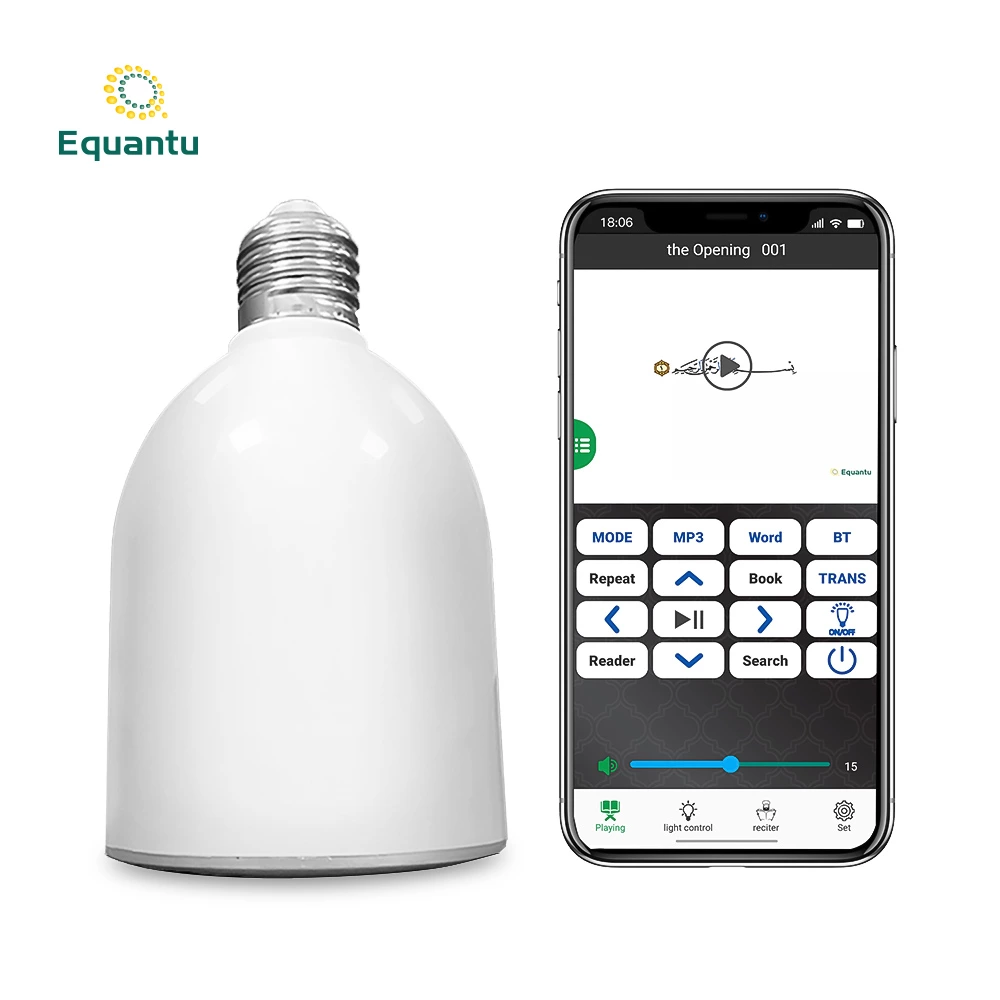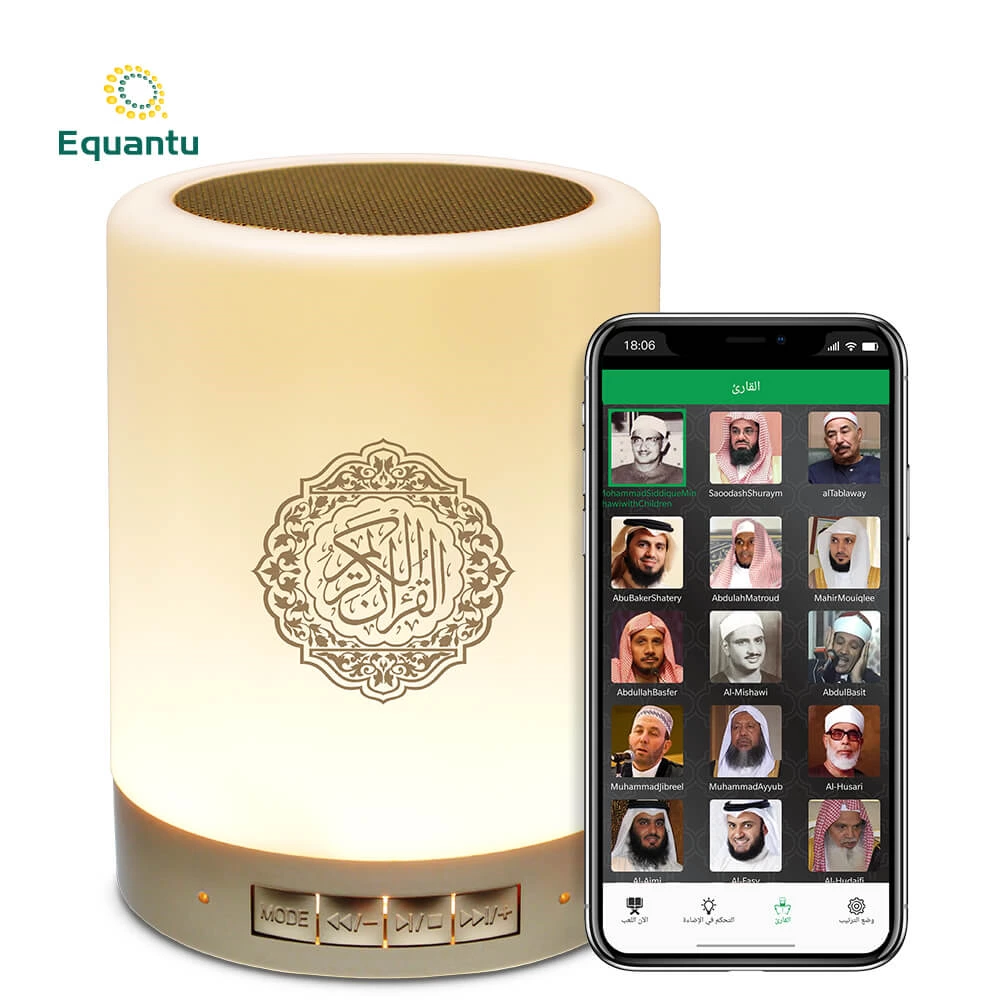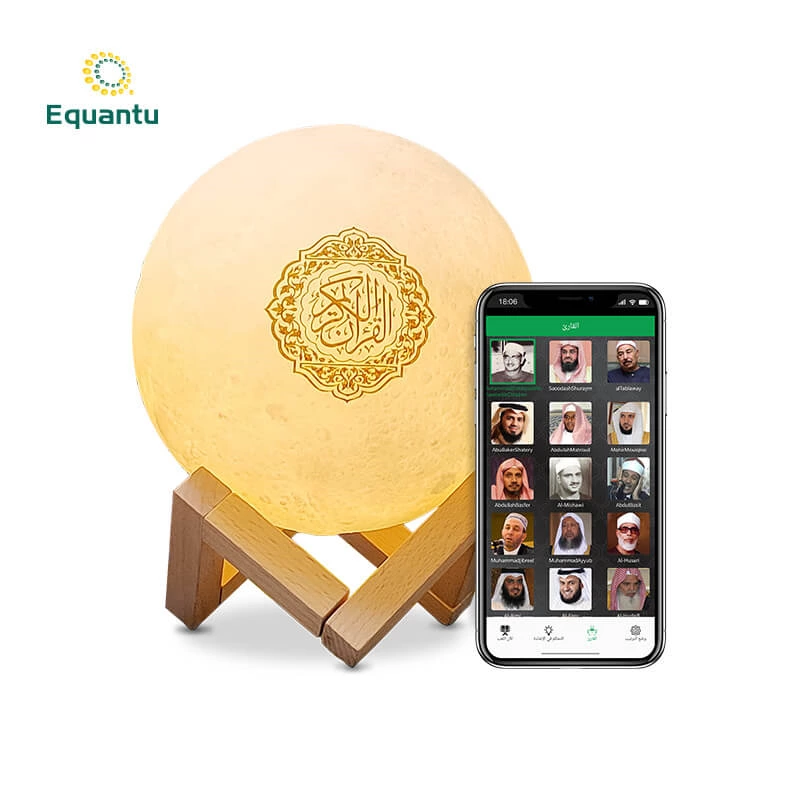The Importance of Dua After Prayer
- Divine Receptiveness: The Prophet Muhammad (peace be upon him) said, "The supplication made between the adhan and iqama is not rejected." (Sunan Abu Dawud)
- Spiritual Continuity: Dua after prayer maintains the connection established during Salah.
- Opportunity for Personal Requests: While Salah follows a prescribed format, dua allows for personal expression of needs and gratitude.
Etiquettes of Making Dua
- Sincerity: Approach Allah with a sincere heart.
- Presence of Mind: Focus on the meaning of your supplications.
- Optimism: Be confident in Allah's response.
- Persistence: Repeat your duas consistently.
- Appropriate Timing: Utilize blessed times, such as after prayers.
Recommended Duas After Prayer
1. General Forgiveness and Protection
Arabic: اللَّهُمَّ أَنْتَ السَّلاَمُ، وَمِنْكَ السَّلاَمُ، تَبَارَكْتَ يَا ذَا الْجَلاَلِ وَالإِكْرَامِ
Transliteration: Allahumma antas-salaamu wa minkas-salaamu tabaarakta yaa dhal-jalaali wal-ikraam
Translation: "O Allah, You are Peace and from You comes peace. Blessed are You, O Owner of majesty and honor."
2. Seeking Guidance and Righteousness
Arabic: اللَّهُمَّ أَعِنِّي عَلَى ذِكْرِكَ وَشُكْرِكَ وَحُسْنِ عِبَادَتِكَ
Transliteration: Allahumma a'inni 'alaa dhikrika wa shukrika wa husni 'ibaadatik
Translation: "O Allah, help me remember You, thank You, and worship You in the best manner."
3. Protection from Worldly Temptations
Arabic: رَبَّنَا آتِنَا فِي الدُّنْيَا حَسَنَةً وَفِي الآخِرَةِ حَسَنَةً وَقِنَا عَذَابَ النَّارِ
Transliteration: Rabbana aatina fid-dunya hasanatan wa fil-aakhirati hasanatan wa qina 'adhaaban-naar
Translation: "Our Lord, give us in this world [that which is] good and in the Hereafter [that which is] good and protect us from the punishment of the Fire."
4. Seeking Allah's Pleasure and Paradise
Arabic: اللَّهُمَّ إِنِّي أَسْأَلُكَ رِضَاكَ وَالْجَنَّةَ، وَأَعُوذُ بِكَ مِنْ سَخَطِكَ وَالنَّارِ
Transliteration: Allahumma inni as'aluka ridaaka wal-jannata, wa a'udhu bika min sakhatika wan-naar
Translation: "O Allah, I ask You for Your pleasure and Paradise, and I seek refuge in You from Your displeasure and the Fire."
5. Dua for Family and Community
Arabic: رَبِّ اجْعَلْنِي مُقِيمَ الصَّلَاةِ وَمِن ذُرِّيَّتِي ۚ رَبَّنَا وَتَقَبَّلْ دُعَاءِ
Transliteration: Rabbi j'alni muqeemas-salaati wa min thurriyyati rabbana wa taqabbal du'aa'
Translation: "My Lord, make me an establisher of prayer, and [many] from my descendants. Our Lord, and accept my supplication."
Personalizing Your Dua
While these recommended supplications provide a beautiful framework, personal dua is equally important:
- Express Gratitude: Thank Allah for specific blessings in your life.
- Seek Forgiveness: Ask for pardon for specific shortcomings or sins.
- Request Guidance: Ask for help in personal, professional, or spiritual matters.
- Pray for Others: Include family, friends, and the broader Muslim community in your supplications.
The Power of Collective Dua
After congregational prayers, it's common for the Imam to lead a collective dua. Participating in this can be particularly powerful, as the Prophet Muhammad (peace be upon him) said, "The supplication of a group of people is more likely to be answered." (Musnad Ahmad)
Using Dua Beads (Tasbih)
Many Muslims use prayer beads to keep count while reciting short, repetitive duas or dhikr (remembrance of Allah). Common phrases include:
- Subhan Allah (Glory be to Allah) - 33 times
- Alhamdulillah (All praise is due to Allah) - 33 times
- Allahu Akbar (Allah is the Greatest) - 33 times
Dua in Native Language
While Arabic duas are preferred when known, it's perfectly acceptable to make dua in one's native language. The sincerity and meaning behind the supplication are what matter most.
Conclusion
Dua after prayer is a beautiful way to extend the spiritual connection established during Salah. By incorporating these recommended supplications and personal duas into your daily routine, you can enhance your relationship with Allah, seek His guidance and protection, and find peace and contentment in your spiritual journey.
Remember, the essence of dua is sincerity and consistency. Whether you use the recommended supplications, personal requests, or a combination of both, what matters most is the sincerity of your heart and your trust in Allah's wisdom and mercy.
May these duas bring you closer to Allah and help you find strength, guidance, and peace in your daily life.
